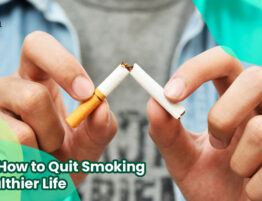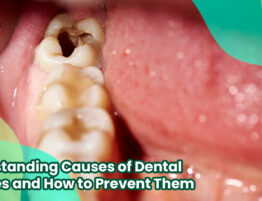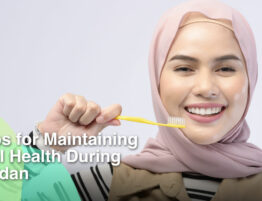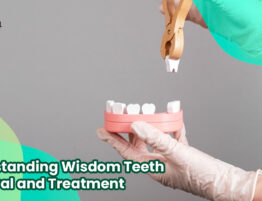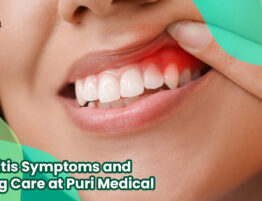
Vaccines are like weapons that help boost the immune system. Vaccination is generally done to stimulate antibody cells.
These antibodies fight against dangerous organisms such as viruses, bacteria, and germs that enter our bodies. They are tasked to recognize every organism that enters the body. If the organism is dangerous, antibodies will automatically fight it.
Vaccines can prevent many diseases. Therefore, newborns are required to get a general vaccination to grow their antibody cells.
There are two types of vaccines: inactive and live
Inactive vaccines planted from killed viruses, bacteria or other pathogens. Inactivated vaccines used to request an immune response. This kind of vaccine usually requires additional doses; that’s why your child may need several treatments to get periodic protection.
Examples of inactive vaccines are those used to prevent tetanus and diphtheria.
Live vaccines or active vaccines are made from organisms that cause attenuated disease. Live vaccines can provide full protection from one or two doses. Examples of live vaccines are the oral polio vaccine, varicella, and measles.
Vaccine for Coronavirus
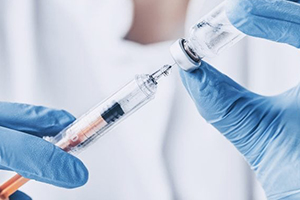
Until now, no drug or vaccine can kill Coronavirus.
So how far are we from this life-saving medicine?
When will the coronavirus vaccine be available?
At present, there are more than 20 vaccines developed to ward off COVID-19. Some developers have even begun trials with humans to see how safe the vaccine is.
Some developed countries have been working on vaccines for this Coronavirus. Although this vaccine was discovered, there is still a great deal of work to produce it en masse.
That is, this vaccine will not be ready at least until the middle of next year. All this is done in an original condition. Scientists are using a new approach to making this vaccine, so much research needs to be done before the coronavirus vaccine is released.
Who will get the vaccine?
If this vaccine is successfully developed, there will be regulations that limit its use. In the initial stages, it is undoubtedly essential to prioritize the recipients of this vaccine.
Medical workers who deal directly with COVID-19 patients will be prioritized at the top. Parents and people who have previous illnesses will also get this vaccine first.
What about drugs?
Scientists are testing anti-virus drugs to see if they can fight Coronavirus. There is one drug that is declared safe and proven effective for treating patients infected with COVID-19. The drug called Remsidivir was initially developed as an Ebola drug, but it is also useful for killing various viruses.
There are also HIV drugs called Iopinavir and Ritonavir that have been used. But the results are disappointing.
What to do if exposed to Coronavirus?
If you feel infected by Coronavirus, you can treat it at home. If symptoms are still mild such as runny nose, cough, and fever, you have to isolate yourself at home. This virus has an incubation period of two to 14 days.
Make sure you do not leave the house during the incubation period to reduce the risk of transmission to others. Your immune system will fight the virus by itself when you isolate yourself at home.
Here’s how you can help to prevent the spread of Covid-19
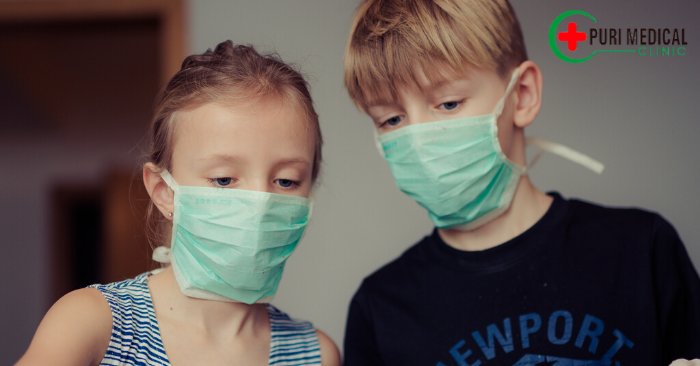
If you feel symptoms of illness or suspect someone who infected with Coronavirus, you can take the steps below:
- Stay at home until getting medical attention.
- Contact the nearest call doctor to consult your health condition.
- Limit outdoor activities except to get medical care.
- Avoid public areas such as offices, shopping centers, schools, and others.
- Avoid public transportation: Avoid using public transport, ride-sharing, or taxis.
- Keep away from other people, or people suspected of being exposed to Covid-19.
- Limit contact with pets and farm animals.
Find Out Nearest Health Services
Contact first before visiting the nearest clinic: Consult your condition or the condition of people suspected of being infected with medical personnel. It’s better to make an appointment with a doctor on call before visiting a medical facility. This method helps the medical officer decide which treatment is right for you.
Wear a face mask when going to medical facilities: Don’t buy excessive face masks. Face masks are only for sick people or people who are on duty and are in medical facilities. Excessive mask purchases will cause panic buying and make things even worse.
The face mask is only for:
- Medical Officer
- People who are in medical facilities.
- Sick people.
- People who sneeze and cough.
Don’t forget to throw the used mask into the trash bin.
Clean Your Hands Often
Your hands can be a Coronavirus transmission medium. Clean your hands more often to avoid viruses and bacteria sticking to the surface of your hands.
Wash your hands with soap, water, and alcohol
Wash your hands immediately with alcohol-based soap or hand sanitizers that contain at least 60 percent alcohol.
Wash your hands for at least 20 seconds
Wash your hands often with soap for at least 20 seconds, especially after coughing, sneezing or blowing your nose. It would help if you also washed your hands after going to the bathroom and before eating and preparing food.
Rub your hands with hand sanitizing liquid
If water and soap are not available, you can use an alcohol-based hand sanitizer with at least 60 percent alcohol.
Soap and water
Water and soap are the best combinations for cleaning dirty hands.
Avoid touching anything
Never touch your eyes, nose, and mouth if your hands have not been washed.
Avoid sharing personal items
Do not share your drinking utensils, plates, cups, towels, or beds with other people who suspected of being infected.
Clean the entire surface that you touch
Clean all surfaces that you regularly touch. Frequently touched surfaces include door handles, tables, toilets, cell phones, keyboards, tablets, and beds.

